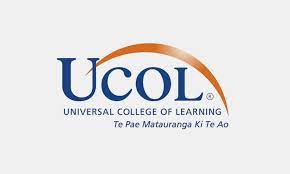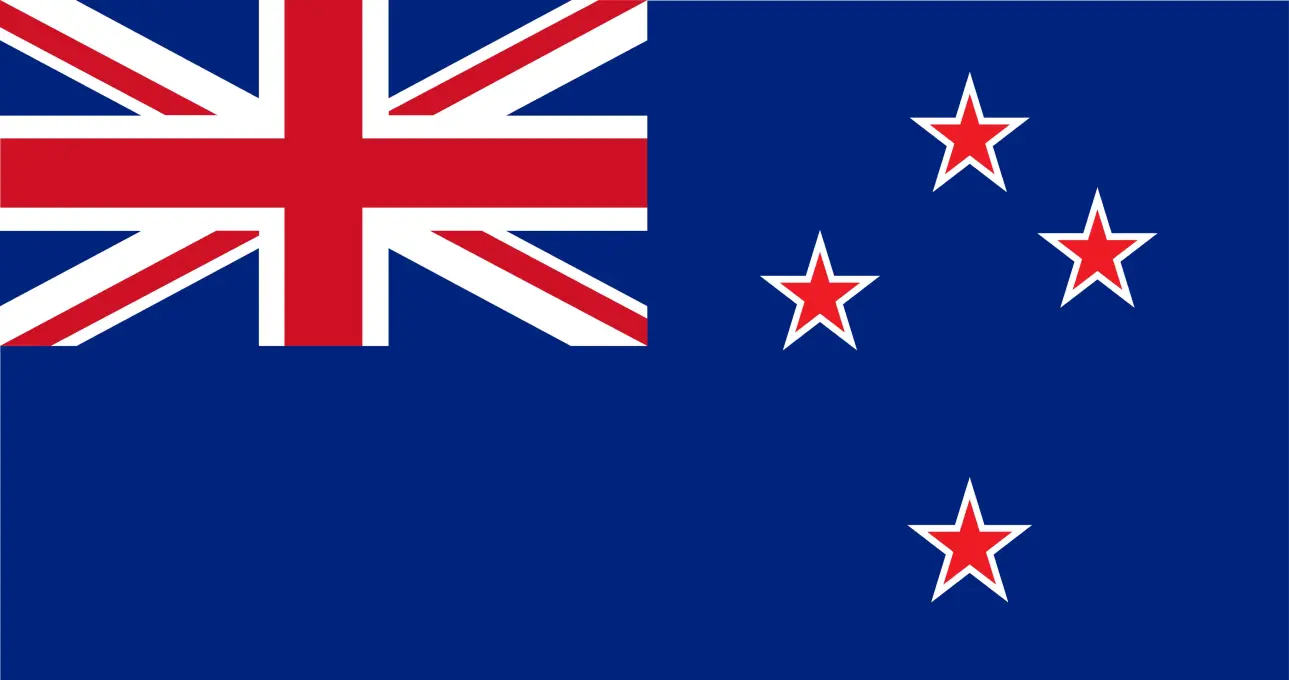Study In
NEW ZEALAND
New Zealand is globally acknowledged for its education, ensuring that the courses you pursue here are highly respected by employers and institutions, both nationally and internationally.
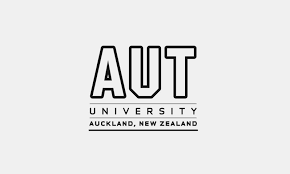
Auckland University of Technology
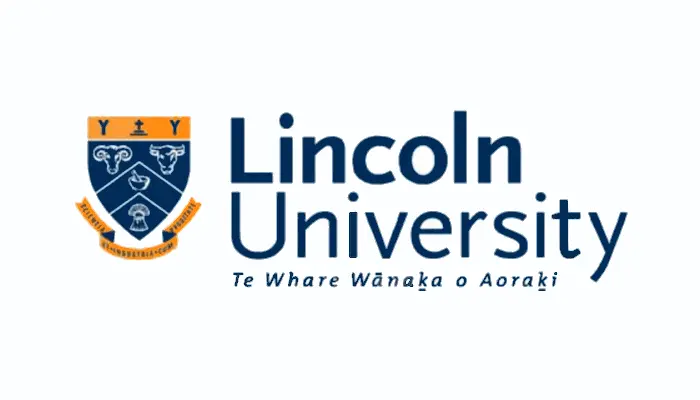
Lincoln University

University of Auckland

Nelson Marlborough Institute of Technology (NMIT)

Unitec Institute of Technology – Te Pūkenga

Otago Polytechnic – Te Pūkenga
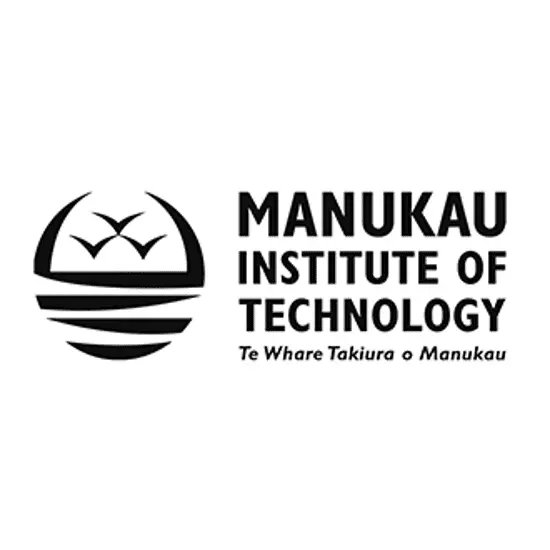
Manukau Institute of Technology – Te Pūkenga
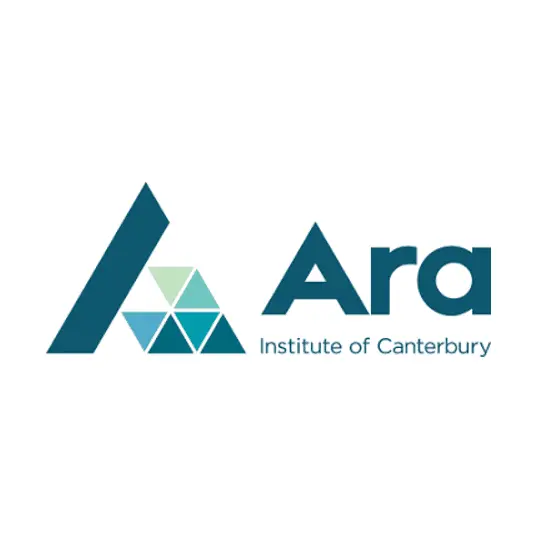
ARA Institute of Canterbury – Te Pūkenga

Eastern Institute of Technology – Te Pūkenga

Waikato Institute of Technology (Wintec) – Te Pūkenga

Whitireia and Weltec – Te Pūkenga

Southern Institute of Technology (SIT) – Te Pūkenga

Wellington Institute of Technology – Te Pūkenga
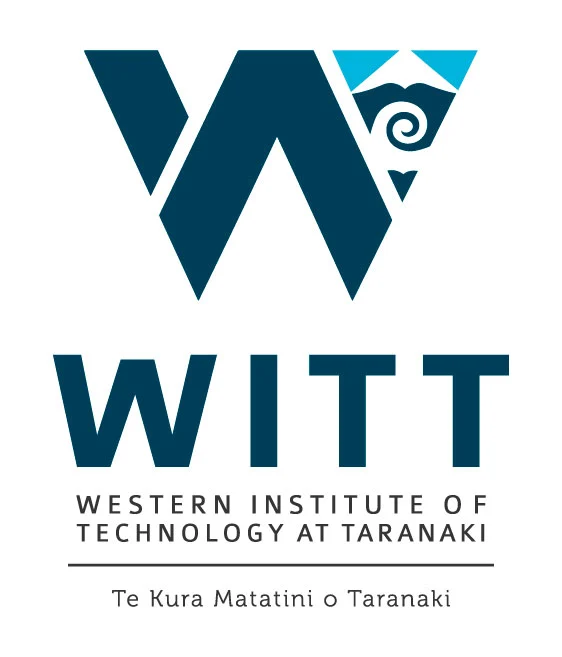
Western Institute of Technology at Taranaki (WIIT)

North-Tec – Te Pūkenga

Toi Ohomai Institute of Technology

Toi Ohomai Institute of Technology – Te Pūkenga
